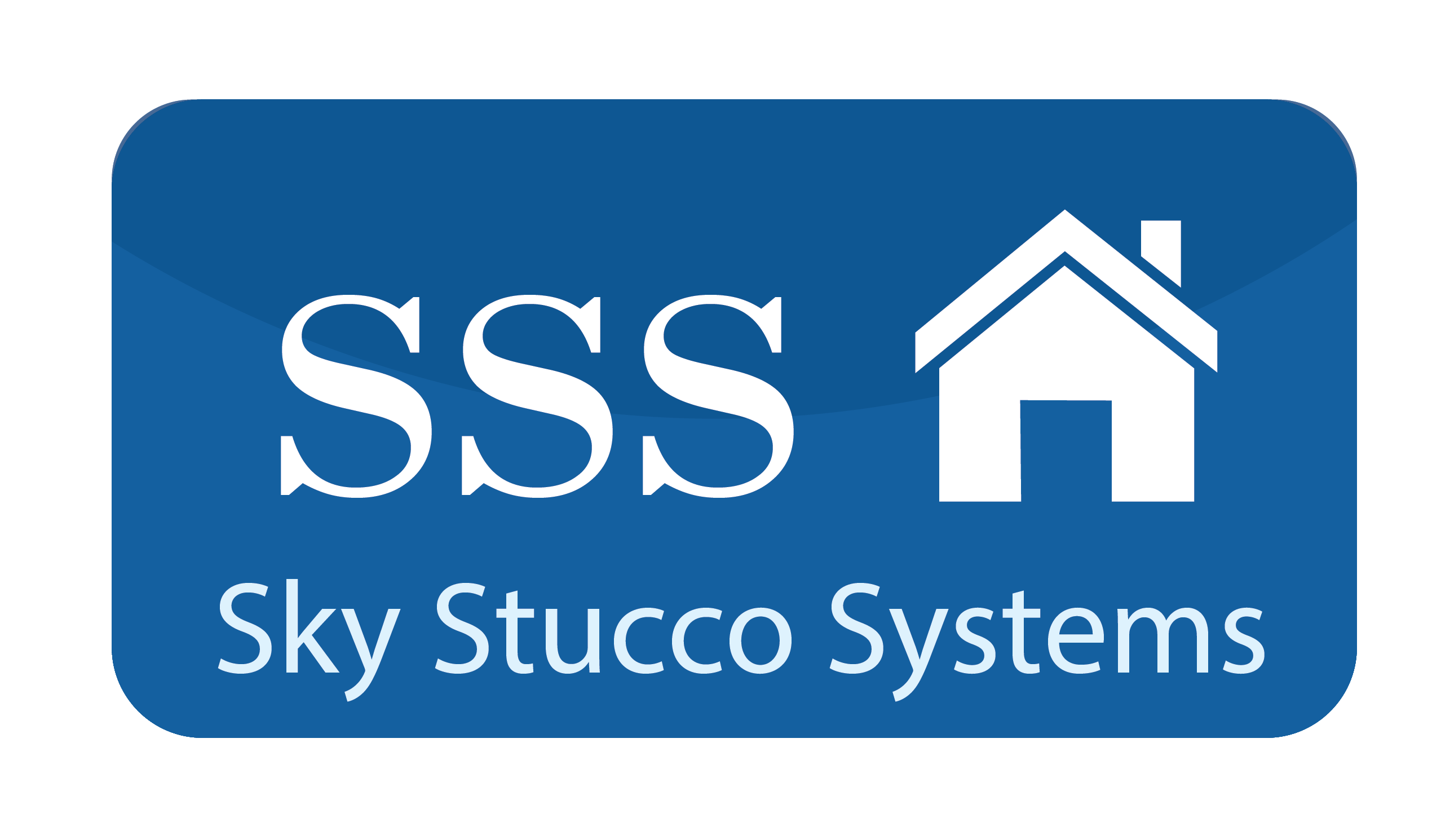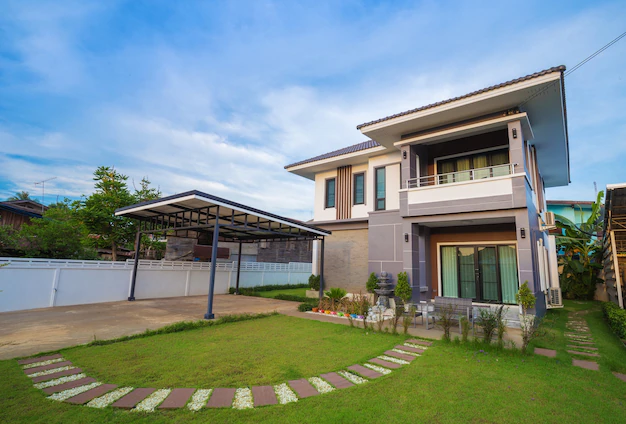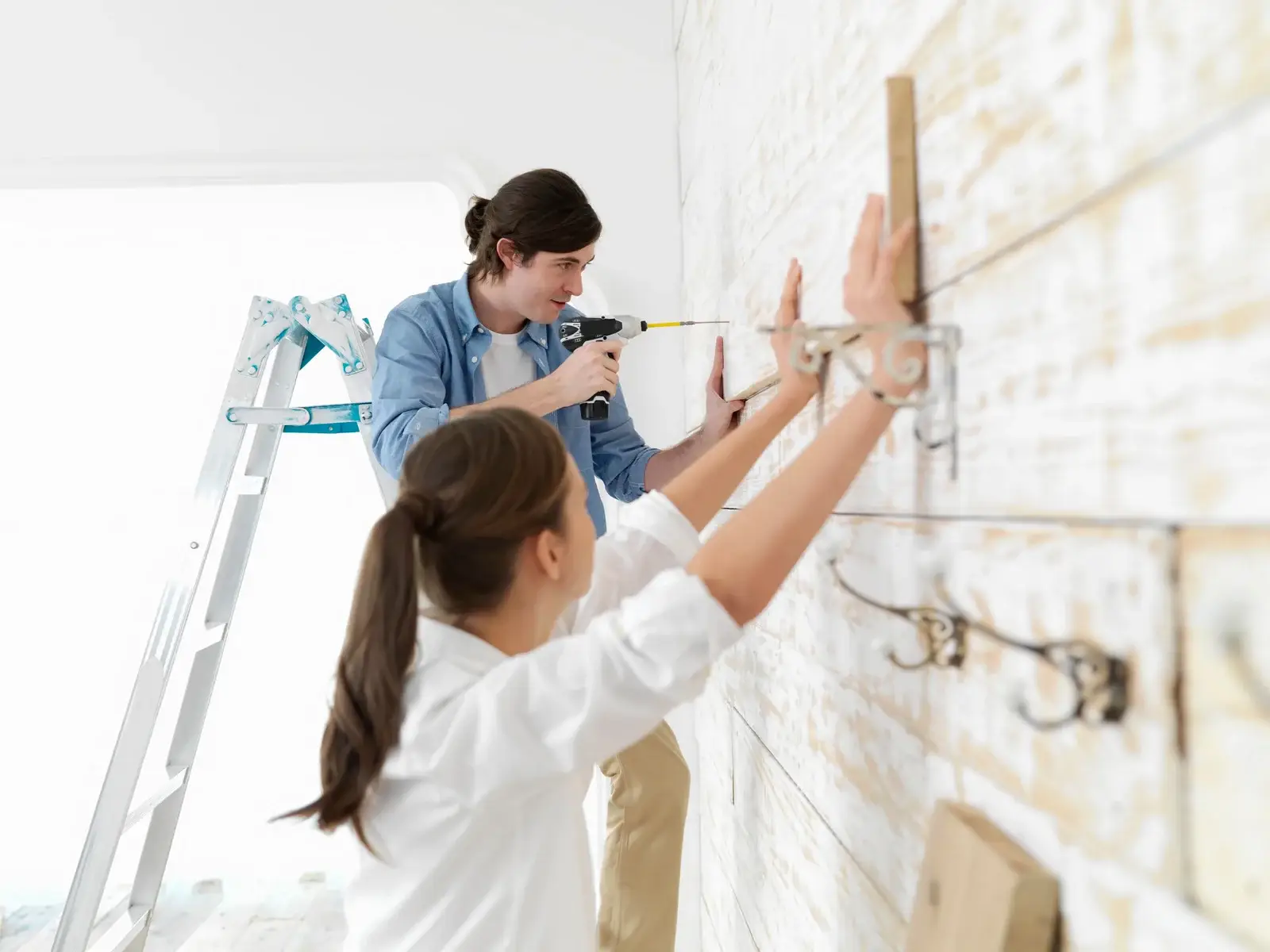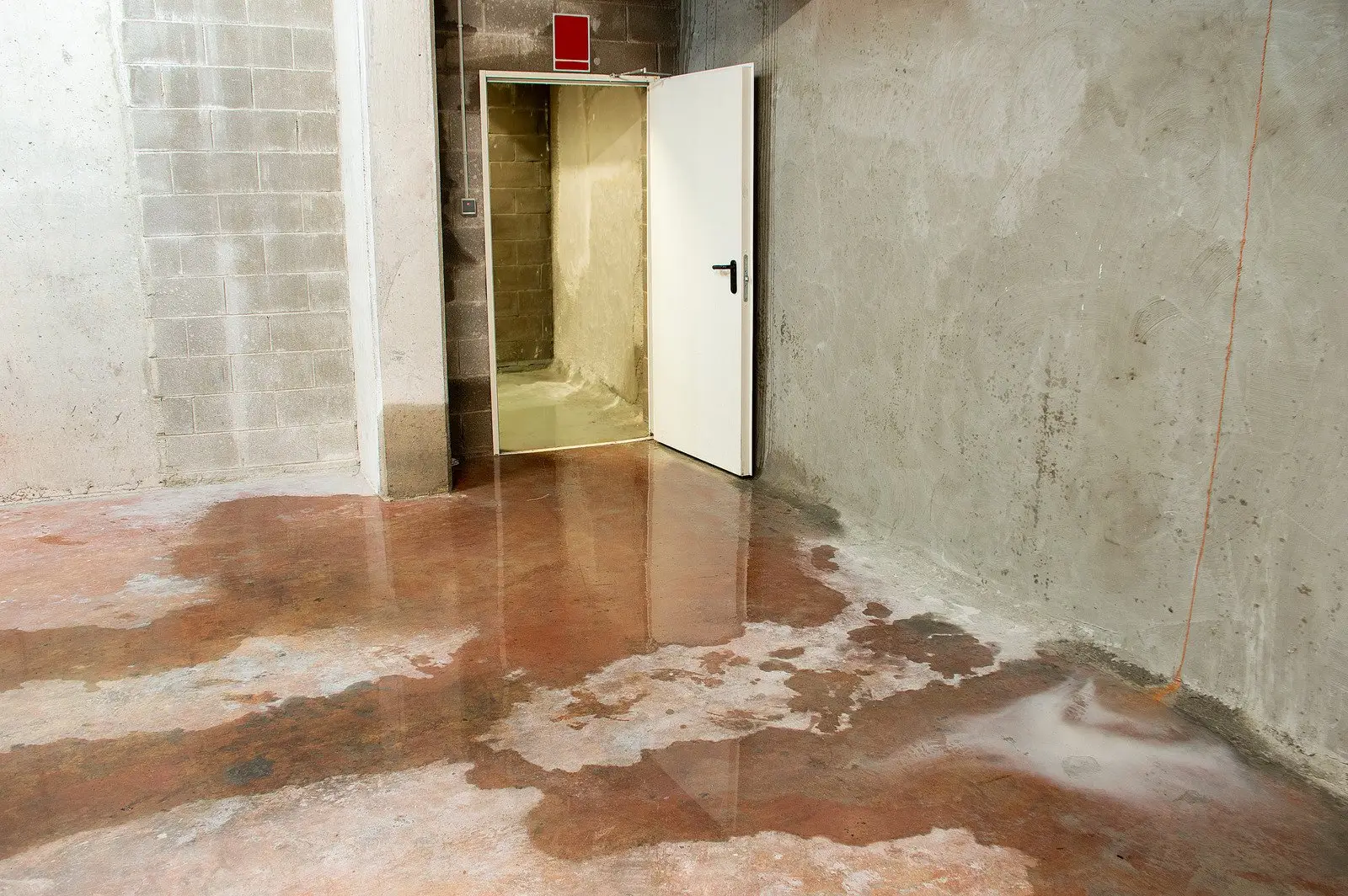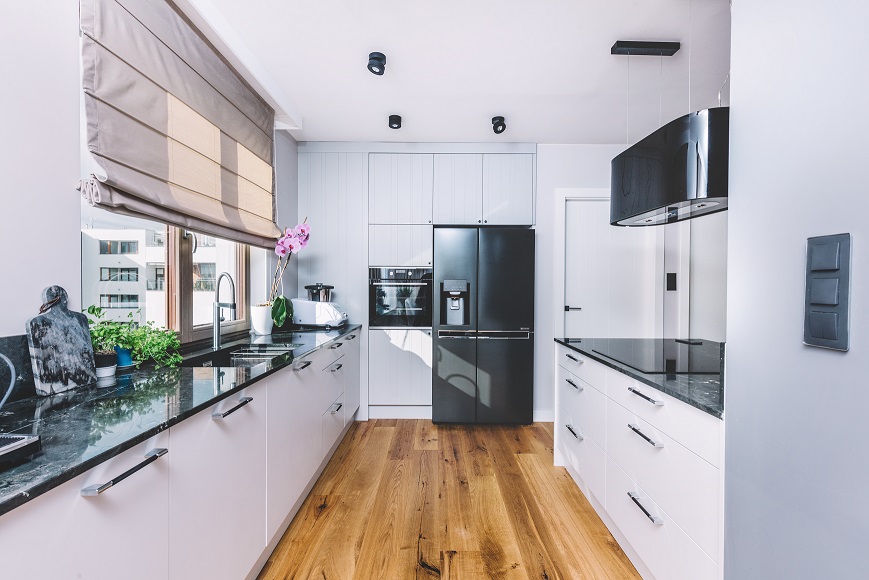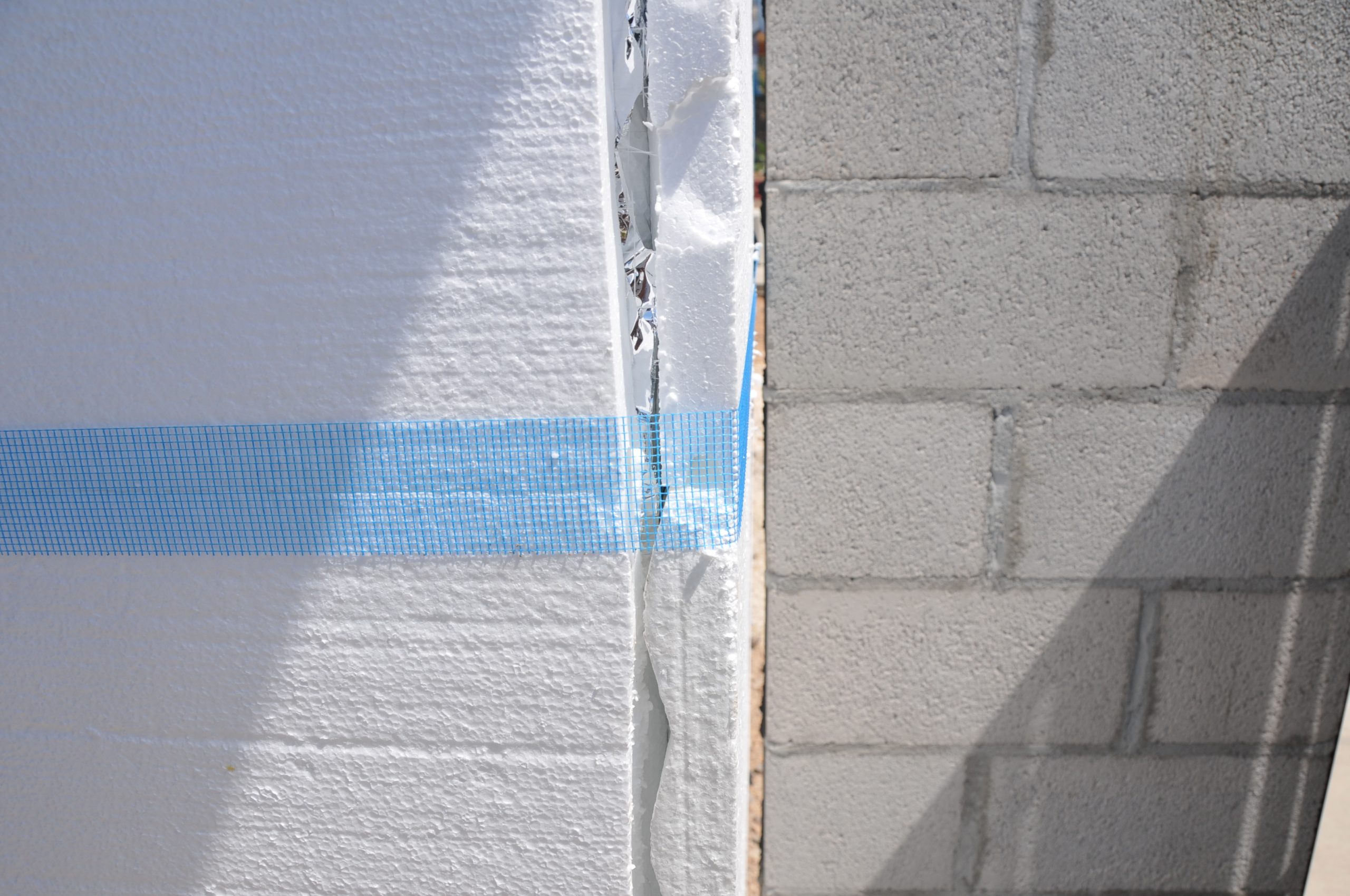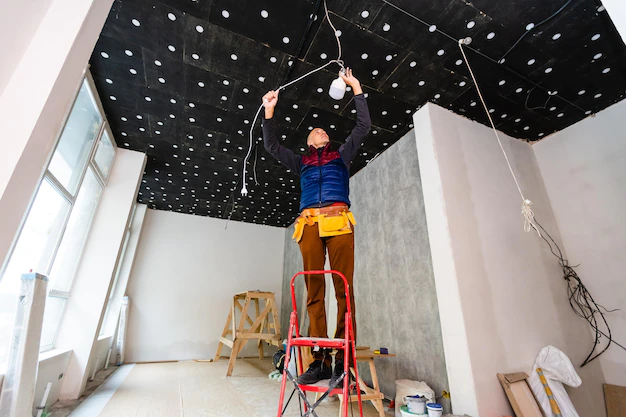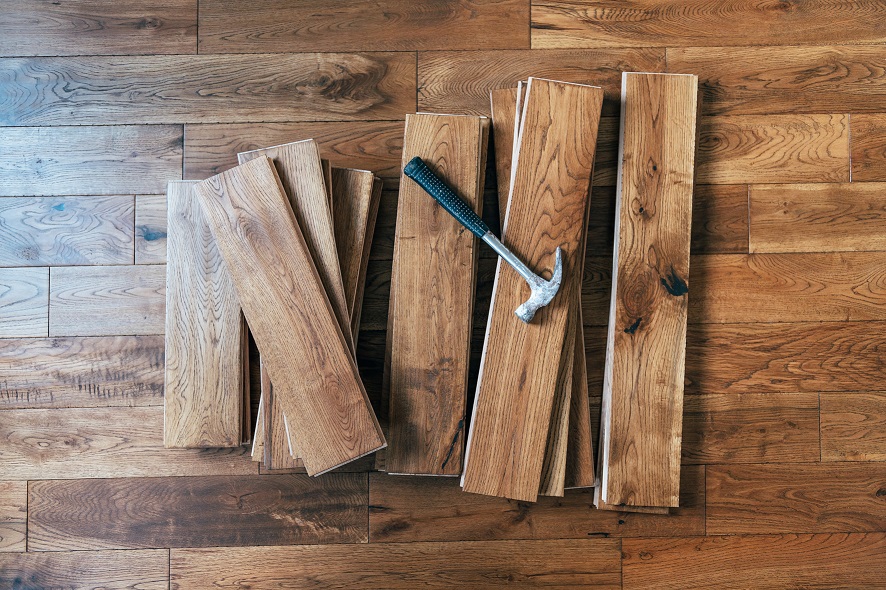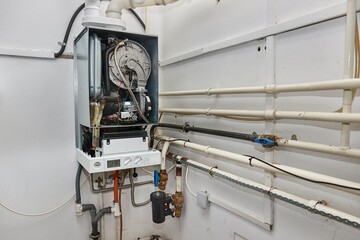One kind of prefabricated housing is known as a mobile home. You may also hear mobile homes referred to as “stick-constructed homes.” These houses have been created in a factory to take advantage of contemporary manufacturers’ efficiency. Today we are going to explain everything about mobile homes including what are mobile homes, types of mobile homes, why you should buy them, benefits, mobile home renovation, and more.
To be more explicit, a mobile home is a large caravan-constructed building situated in one specific space. It is utilized for the permanent living situation of a family or an individual. A mobile home is a manufactured dwelling that may be used for various purposes, including a permanent living situation, a holiday house, or temporary lodging.
Even though it is permanently installed in a single location, a mobile house may be moved to another location. Mobile homes are often referred to by other names, including horse trailers, trailer homes, residential caravans, static caravans, and even just plain old homes on wheels. Mobile homes are lovely for several reasons, one of which is that they are compact, inexpensive, and of high quality.
As a result, mobile homes give hundreds of thousands of people across the country the opportunity to withhold paying expensive home prices. While providing them with the adaptability they require to thrive and experience life to the fullest.
Types of Mobile Homes
Before knowing what are mobile homes, we have to know the types of mobile homes. Mobile homes may be categorized as single, double-wide, or even triple-wide based on the dimensions of the house. And the number of living units it contains or blocks. Every one of them is produced in an environment that is strictly managed.
However, double-wide and triple-wide houses are made up of two, three, or even more components brought to a customer’s location and constructed to create a one-of-a-kind design.
Single–wide mobile home
Mobile homes of this kind are the smallest, making them the sort that is both the most economical and the simplest to move. In addition, they are space-efficient, often featuring designs that are no more than 18 feet broad and 90 feet long.
They come with one level and a variable number of rooms and give a surprising amount of possibilities for modification. This means that the layouts and designs may vary considerably.
Single wides are delivered to the location as a single unit. Since this mobile home is often selected by younger families and those with future relocation plans.
Double-wide mobile home
When comparing a double-wide mobile home to a single-wide mobile home. It is clear that the double-wide model offers more fantastic room and seclusion. Up to 90 feet in length and at least 20 feet in width are standard dimensions for a double-wide mobile home.
This construction offers more privacy than site-built homes due to superior sound isolation between the individual apartments than is often seen in site-built homes. The double-wide mobile home comprises two prefabricated modules that are joined together on the construction site.
If trained specialists staff these facilities, there is no need to be concerned about leakage or other issues of a similar kind.
Triple-wide mobile homes with multiple sections
There are also mobile homes known as triple-wide and multi-section mobile homes. These mobile home varieties consist of three or more independent sections and are designed to seem the most like site-built homes.
The requirements of the client determine the number of units required. This kind is the most unmanageable to transport because of its size and weight.
Why you should buy mobile homes?
To know what are mobile homes, we should know the benefits of owning a mobile home are extraordinary. It gives you the ability to choose a lifestyle that is leisurely, pleasant, and free from the worries and concerns of day-to-day living.
You may obtain more room for your money with a mobile home than with a stick-built house. Since mobile homes often cost less per square foot than traditional residences.
Some stick-built house builders have standardized floor plans and choices. Which enables them to construct homes at pricing that are comparable to those of mobile homes. These builders can compete with mobile home manufacturers.
Benefits of mobile home
Affordability
Many people in the USA and Canada choose their own houses because of how economical homes are. Compared to the average price of a single-family site-built house of $272,200. The cost of a mobile home might be as low as $62,600.
In addition, the construction costs of mobile houses are 10 to 35 percent lower per square foot than those of site-built homes. Synthetic houses are quite popular among those in the middle class.
The yearly income of those who live in prefabricated homes is typically about $34,700
on average. However, just twenty-four percent of all families pull in more than fifty thousand dollars in annual income. In addition, there are 2.7 persons living in each home on average.
Construction procedure
Everyone who has ever constructed a house has at least one terrifying tale to tell about unexpectedly high costs, protracted building times, or difficult contractors. Because mobile houses are manufactured in factories by stringent norms and stringent federal restrictions. The mobile home industry is oblivious to difficulties of this kind.
There needs to be more space for mistakes in the construction of the dwellings since the firms use assembly lines. In addition, the production process allows for possible personnel use. In addition, mobile homes are constructed in a managed setting shielded from inclement weather, acts of vandalism, and the possibility of unreliability on the part of builders and subcontractors.
Homeowners with this level of control over the building process can capitalize on the money they save while the house is being built. In addition, manufacturers may acquire vast quantities of materials, equipment, and appliances at a lower rate than a typical on-site house builder. They can then pass the savings on to the consumer as a reduction in overall costs.
Rate of construction time
Even though the homeowner is responsible for the foundation and for establishing utilities such as electricity and sewage before mobile homes arrive onsite for final construction, factories can build a typical single-wide or double-wide mobile home in about one-third of the time it takes a contractor to construct a site-built home.
This is because mobile homes are built on a foundation already in place. You can move into your new home much sooner since the house will be approximately ninety percent finished when it is delivered to your site.
Even while construction and setting up take place quickly, it does not give the builders carte blanche to disregard safety precautions and zoning regulations.
The flexibility of the Design
Mobile houses are different from mobile homes like the ones your grandfather lived in, in case you still need to work that out. Some of the patterns even include intricate details. For instance, modular houses often consist of more than one level.
They have decks, garages, porches, and vaulted ceilings in their homes. And depending on the lots, homeowners can add gorgeous lawns and landscaping to their properties. Builders can also build houses to meet the exact requirements of individual clients.
Warranty
How difficult was it to get the contractor to come and repair anything after you purchased your previous property if it needed to be fixed? There’s a good chance it was a bother, and the job wasn’t completed on time.
Typically, a one-year guarantee on building mobile homes is included, in addition to individual warranties covering the windows, doors, siding, faucets, appliances, and everything else you can think of. Even longer, securities are offered to their clients by the majority of companies.
Conclusion
Mobile homes are often left continuously or semi-permanently in one location. However, they may be relocated and obliged to move every once in a while for legal reasons. They are used either as permanent residences or as vacation or temporary lodging.
The value of mobile homes often decreases with time when they are located in mobile home parks. On the other hand, the land is often valued more once some time has passed. Therefore, the property’s value will usually increase if the construction of a conventional house improves it and, in certain instances, by the placement of a mobile home on the site. Hope from this discussion you get a specific answer on what are mobile homes and an explanation.
Frequently Asked Questions
Are mobile houses safe places to live?
However, they are particularly fond of establishing their nests on any moist surface or in any wet environment they can discover.
Consequently, they may cause a wide variety of health problems, some of the most common of which are eczema, asthma, upper and lower respiratory symptoms, and respiratory infections. It is essential to devise plans to circumvent them in as many ways as possible.
Is mobile home parks good investments?
The acquisition of a mobile home park is often an investment in land rather than in mobile homes.
The operating expenses of a mobile home park will be much less than those of a multifamily building. Because of the extreme poverty of inexpensive housing. Mobile home parks may now represent one of the most attractive investment opportunities available.
Is a mobile home permanent?
You no longer have to settle for living in a tiny caravan that lacks even the most basic amenities; instead, you can pay for a mobile home that provides everything. Because static caravans offer such high levels of comfort, living in one full-time is not a problem.
If you choose a type with central heating and double-paned windows, you won’t need a space heater during winter.
